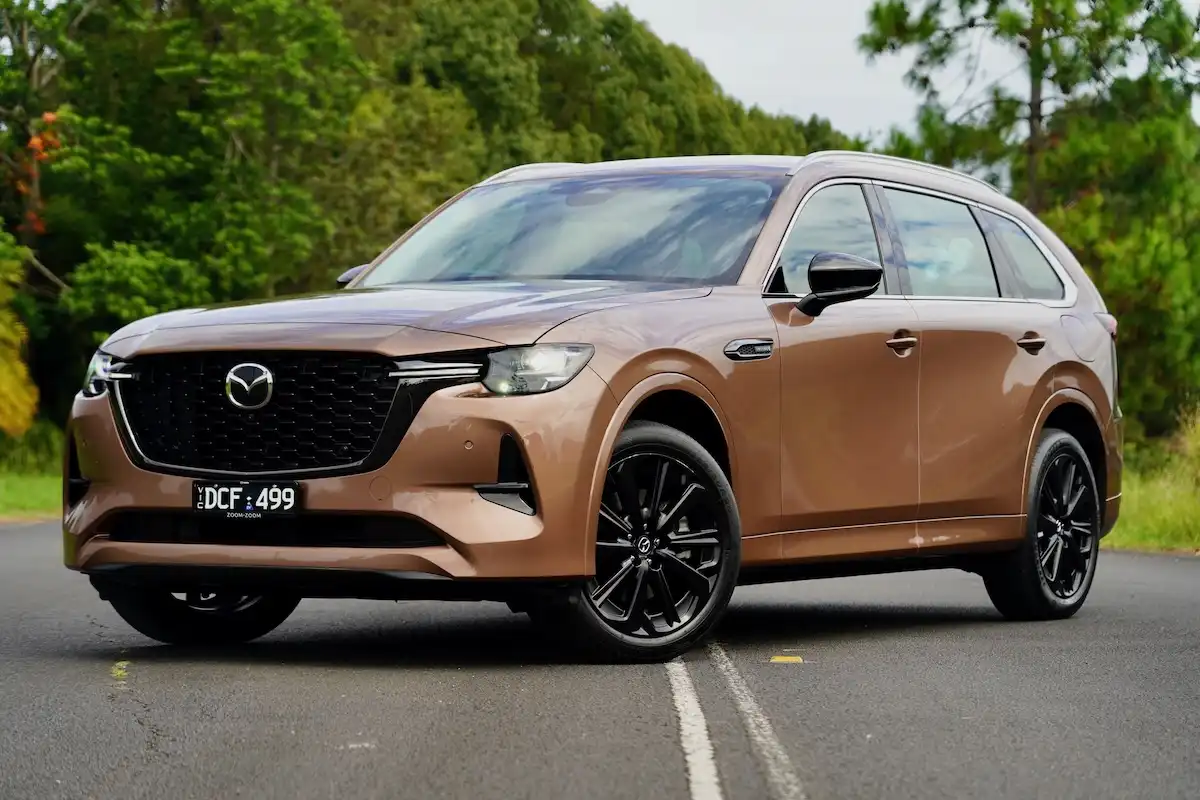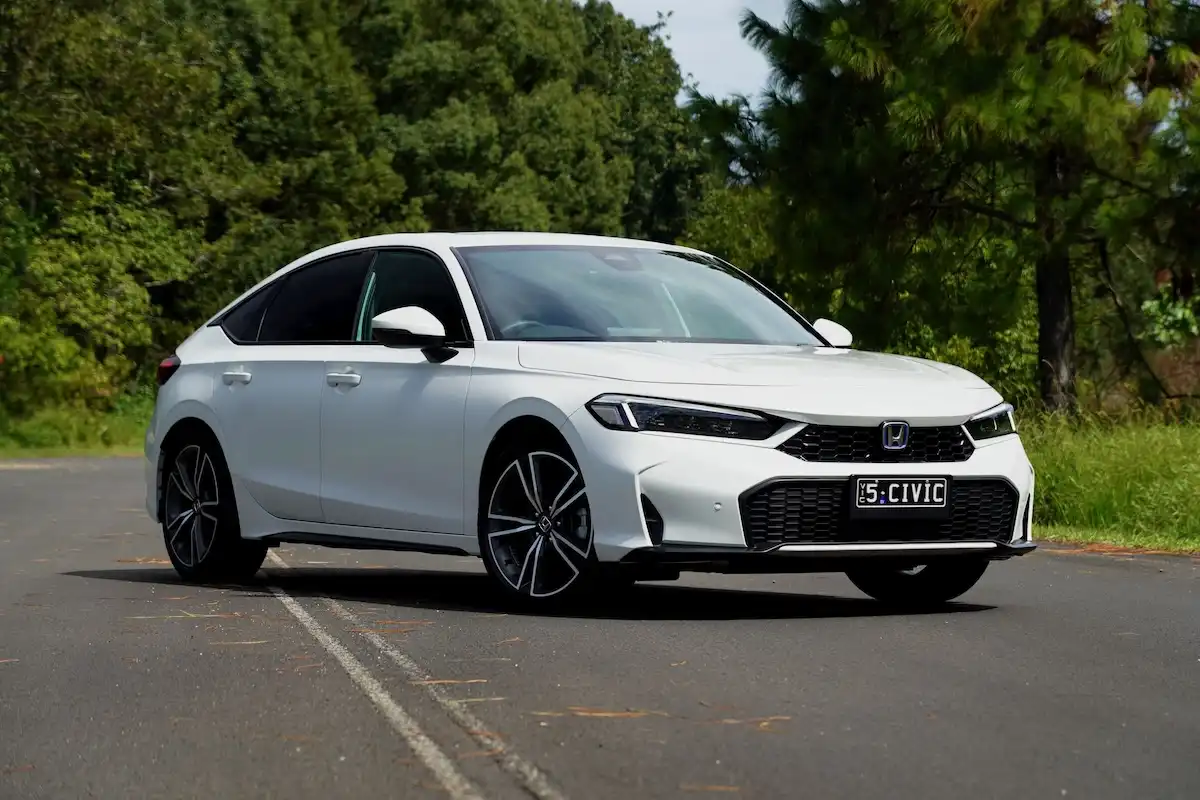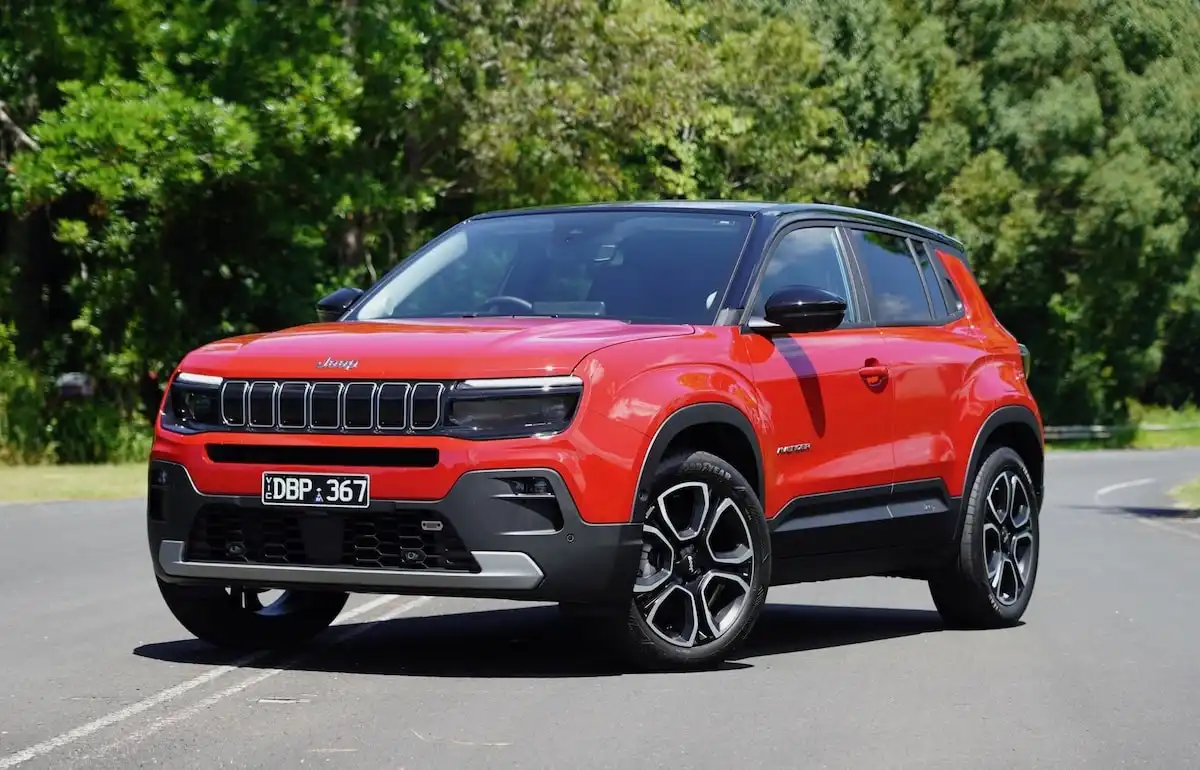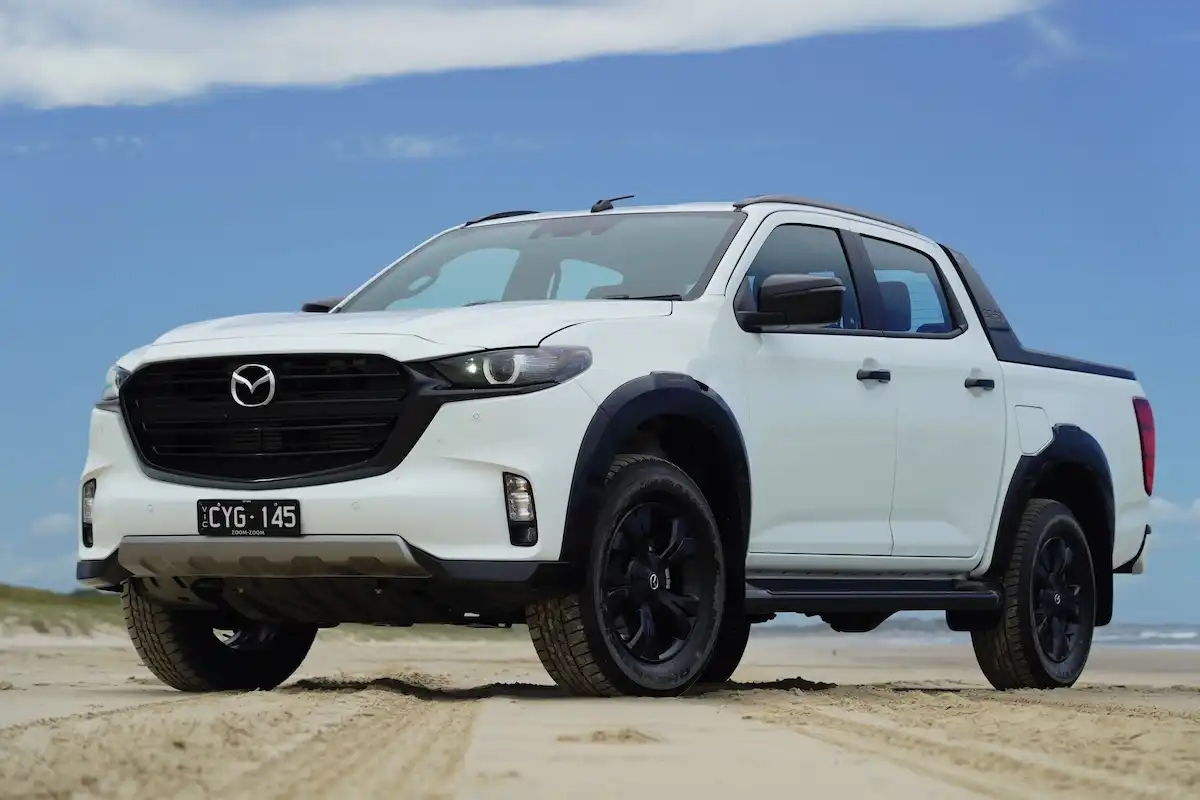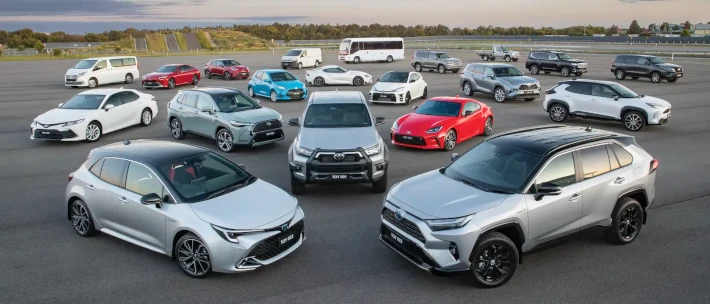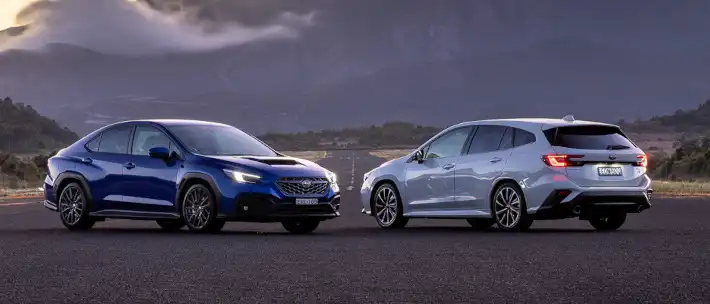We have one burning question, though: can a decade-old car hold its own against its more modern opponents? Let’s find out just how Mitsubishi plans to take the fight to its competitors.
Starting Price: $23,990
OnlineAuto Savings: $3,314
Mitsubishi ASX - ES (2WD) Specifications
| Model Date | 2021 |
| Make | MITSUBISHI |
| Model | ASX |
| Series | XD MY21 |
| Variant | ES (2WD) |
| Body | 4D WAGON |
| Fuel type | UNLEADED PETROL |
| Transmission | CONTINUOUS VARIABLE |
| Drive | FWD |
| Engine | MPFI |
| Engine capacity | 1999 |
| Engine configuration | DUAL OVERHEAD CAM / 16 valves |
| Engine RPM | 6000 / 4200 |
| Cylinders | 4 |
| Torque | 197 |
| KW | 110 |
| Fuel tank size | 63.0 |
| Fuel usage specs | 7.6 / 0.0 |
| CO2 | 176 |
| ANCAP security rating | 5 |
For more details and other variants, check Mitsubishi ASX car page.
Need help narrowing down your choices?
Get in touch with one of our Car Buying Specialists today
Request a quoteHow Much Does It Cost?
The Mitsubishi ASX range kicks off at $23,990 for the entry-level ES with a manual transmission, with the automatic adding $2,000 to the price tag, and $27,740 for the full suite of safety technology. The range moves north to $27,000 for the MR-variant, and $28,690 for the LS variant. The GSR and Exceed sit atop the ASX lineup, priced from $30,740 and $32,240 respectively.
How Much Can OnlineAuto Save You?
You could save money by getting one of OnlineAuto’s car experts to assist you in finding the best value model for you. Check out the services available: Car Buying, Vehicle Finance, Sell My Car.
What Features Does the Mitsubishi ASX Have?
The entry level Mitsubishi ASX ES variant comes with features like an 8-inch touchscreen with smartphone link, bluetooth, Apple CarPlay & Android Auto, a rear-view camera, 18-inch alloy wheels, forward collision mitigation, cruise control, LED head and tail lights, keyless entry, leather appointed steering wheel and gearshift and single-zone air conditioning.
The ASX ES ADAS - advanced driver assistance systems - adds rear parking sensors, lane departure warning, rear cross traffic alerts, automatic wipers and lane change assist.
Stepping up to the ASX MR adds 18-inch alloys finished in black, as well as LED fog lights, rear parking sensors, black mirrors and radiator grille, as well as a smart key with one-touch start system.
Opting for the GSR adds a new 2.4-litre MIVEC petrol engine, while the range-topping Exceed receives the same engine, as well as a panoramic sunroof, LED mood lighting, heated leather seats and a nine-speaker Rockford Fosgate sound system.
Range Features:
- 18-inch alloys as standard
- 2.0-ltire MIVEC petrol engine
- LED head & tail lights
- 8-inch touchscreen media system with Apple CarPlay & Android Auto
- Rear view camera
- 2.4-litre MIVEC petrol engine (GSR & above)
- Panoramic sunroof (Exceed)
- Heated leather seats (Exceed)
Mitsubishi ASX Colours
| Red | Black |
| Lightning Blue | White Solid |
| Titanium | Sterling Silver |
| Starlight |
Is it Comfortable to Drive?
It’s important to know from the get-go that the ASX lineup features two engines. The base model through to the LS variants receive the 2.0-litre four-cylinder unit that pushes out 110kW and 197Nm of torque. The range-topping GSR and Exceed variants, on the other hand, receive a meatier 2.4-litre four-cylinder that produces 123kW/222Nm, so if power is a key concern of yours, keep in mind that the best of the engine picks are reserved for the top-end of the lineup.
Overall, the base model’s engine produces more than enough power for most drivers, and the ASX remains an extremely easy car to pilot around thanks to its light steering and competent suspension setup. Around town, the ASX can navigate tight parking spots with ease, and soak up bumps without a fuss being transferred inside the cabin. It’s fitted with a CVT transmission, which means that there’s no noticeable ‘shift’ felt through the cabin, too. This transmission can be a little bit problematic when it comes to responsiveness, but overall, it serves its job of providing a smooth drive perfectly.
On the highway, the ASX is comfortable for longer trips, and is extremely well behaved and predictable. The base model’s engine might be lacking in power, though, so as we’ve mentioned, if this is a key priority, look higher up in the lineup for the 2.4-litre unit.
Is it Practical and Spacious?
Considering its proportions, the ASX offers an impressive amount of practicality and space inside the cabin. While there’s nothing too exciting about the interior design of the base models, they provide a typically Japanese approach to packaging, which emphasises practicality over flare; the typical substance over style we welcome in passenger cars. Up front, the 8-inch screen is the feature piece of the dash, with a few more cubby holes on offer for smartphones, loose items and water bottles.
In the rear of the cabin, there’s limited room for passengers taller than medium-sized teenagers, so keep this in mind. On shorter trips around town, this won’t be a problem, but if you’re planning on taking some longer trips, any teenagers that match the driver in height will struggle with head and legroom. Overall, though, the ASX does the best it can for its proportions, and actually excels over a number of competitors in terms of rear occupancy space and comfort.
In terms of cargo space in the boot, there’s 393L on offer, which is better than a number of its competitors, but might prove less than adequate if you’re planning on squeezing a family’s bags in the rear. This cargo space can be increased to 1193L with the rear-seats folded down, which is helpful to accommodate larger, bulky items.
Is it Safe?
The Mitsubishi ASX is an extremely safe car, considering its Five Star Safety Rating from ANCAP. Standard safety equipment on the base model includes autonomous emergency braking, curtain, knee and front side airbags for the passenger and driver. Mitsubishi reserves its comprehensive suite of safety equipment for the ADAS-variant, which adds lane departure warning, blind spot warning, rear parking sensors, lane change assist and rear cross-traffic alerts.
If safety is a key concern, make sure you’re opting for the ADAS ASX-variant, or a higher-level model that comes packaged with Mitsubishi’s advanced driver assistance package.
Is it Fuel Efficient?
The base ASX engine variant, the 2.0-litre petrol is rated at 7.7L per 100km on a combined cycle, while the larger and more powerful 2.4-litre petrol is rated at 7.9L per 100km. In the real world, expect to see figures around the 8-9L per 100km mark, depending on how heavy your right foot is. Overall, though, while the ASX isn’t the most economical offering in the segment, it matches the vast majority of its competitors in terms of fuel economy.
Our Verdict: Is the Mitsubishi ASX Worth it?
Mitsubishi’s ASX range offers huge potential in terms of value for money, especially considering Mitsubishi’s 10-year warranty with a decade’s worth of capped-price servicing. As we’ve mentioned, after nearly a decade of sales, the ASX is by no-means a modern platform, but it does remarkably well in terms of matching its competitors and is not outpaced significantly in any significant way.
Mitsubishi has done a commendable job in hiding its decade-old roots behind more than just a superficial lick of makeup, and the ASX is truly one of the best performers in its market segment. Don’t forget that you can get a free quote and see how much OnlineAuto can save you on your next car, or call us on 1300 719 925
Five Specs You Need to Know
- 2.0-litre base petrol, 2.4-litre in GSR & Exceed variants
- 18-inch alloys as standard
- 10 Year Warranty with 10 Years of Capped Price Servicing
- 8-inch touchscreen, Apple CarPlay & Android Auto
- LED head and tail lights as standard
Pros
- Generous equipment and features
- New 2.4-litre engine’s power and economy
- Extremely competitive pricing
Cons
- Passenger space is limited in the rear of the cabin
- CVT transmission is smooth but unengaging at speed
- Can look and feel 10 years old at times
Mitsubishi ASX Competition
Mitsubishi ASX |
VS |
Toyota RAV4 |
| Mazda CX-5 | ||
| Mitsubishi Eclipse Cross | ||
| Nissan QASHQAI | ||
| Suzuki Vitara |

